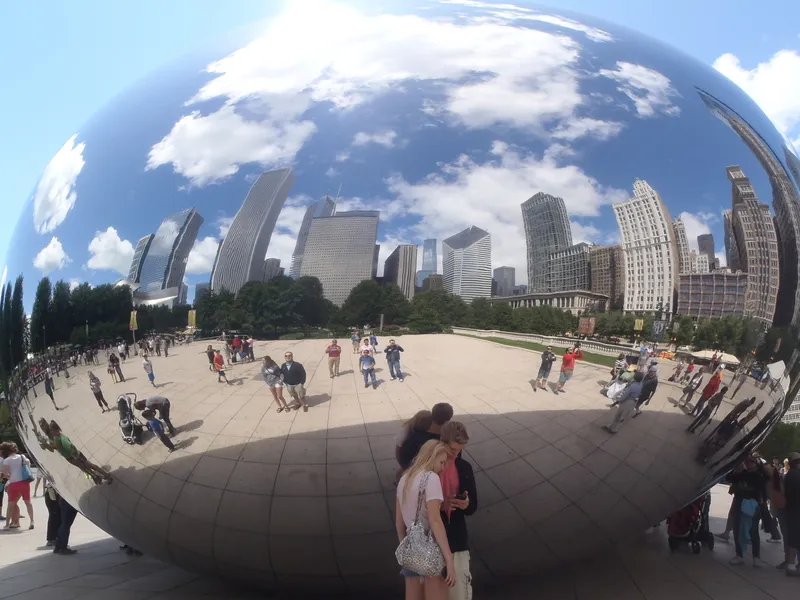
Chicago is to clean up its act, with Mayor Lori Lightfoot announcing a reform agenda aimed at improving air quality in the US city.
The agenda will ground the city's environmental policy in data provided by a report carried out by the Chicago Department of Public Health, which looked at pollution levels and underlying social and health issues faced by communities.
Urban mobility will be included, as the report singled out "parts of the city bisected by major highways".
It found issues like ozone and particulate matter remain a challenge citywide while communities facing inequities like poverty and unemployment are more likely to experience poor health outcomes.
Mayor of Chicago Lori Lightfoot says: "This new initiative will work hand in glove with our ongoing commitment to ensure public safety by addressing the unequal burden of pollution that communities of colour on our city's South and West Sides face while also creating create good, sustainable jobs in neighbourhoods that need them the most."
Chicago's Department of Public Health commissioner Allison Arwady, says: “As the Air Quality and Health Report makes clear, Chicago’s residents face inequitable burdens from air pollution based on neighbourhood characteristics. By focusing on the communities at greatest risk, the changes described in the report will help prevent chronic disease and, ultimately, move us toward closing those inequities.”
Part of the agenda includes an ordinance that changes the city's zoning code to amend where manufacturing and other polluting sites may be located throughout Chicago.
These changes are expected to ensure that activity provided by industrial and manufacturing uses will remain sufficiently separate from homes and small businesses. The ordinance will be introduced at the September City Council meeting and will be voted upon one month later.
Angela Tovar, Chicago's chief sustainability officer, says: “This report lays out a clear vision for air quality reforms, including amendments to the city’s zoning code, its existing air pollution rules, as well as the air pollution inspection and enforcement system. We can, and we must, find a way to mitigate the pollution issues faced by our most environmentally overburdened and historically underserved communities and work to improve our environment overall.”
Additionally, the city will create am environmental equity working group in which community representatives and environmental leaders will advise Tovar and the administration in pursuit of its environmental reform agenda.








